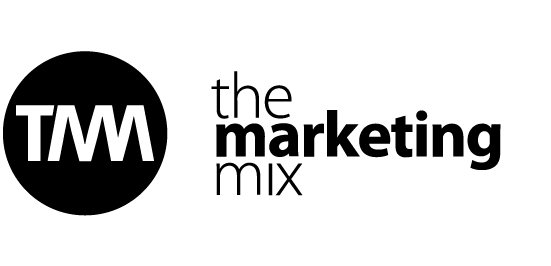Why Your Website Needs SEO – The Basics
It doesn’t matter whether you have an online store or a bricks and mortar shop front, chances are you’re going to want your customers to find, browse and ultimately, make a purchase whether it be directly from your website or in person.
One of the many ways to drive your target audience to your website is to use search engine optimisation (SEO). SEO is the process of enhancing and tweaking a website to make it appealing to search engines for given keyword phrases in the effort to gain the lucrative first page placement. Today SEO is more important than ever as the digital landscape continues to expand and present browser technology with more choice than ever before.
When it comes to SEO it’s all about appearing on that first page. Recent statistics show that searchers rarely look beyond the first page of search results . Either they’re finding what they need right there on page one, or they’re rephrasing their initial search query and trying again.
Another factor to consider is that search engines tend to consider organic search results more trustworthy than paid ads. Research shows that websites which appear on page one are viewed as more authoritative and trustworthy. So if a website isn’t ranking on that first page, it is a safe bet it will be overlooked and ignored.
Solely relying on pay per click advertising to generate web traffic is an unnecessary expense that only serves to cut into your profit margin. SEO is far more consistent, affordable, and is crucial for increasing your ongoing revenue.
What’s involved in an SEO campaign?
An SEO strategy can be basically divided into two areas: on page and off page. The key is selecting a set of phrases and keywords that are profitable, frequently searched and realistic for the website to compete in.
On page Optimisation
SEO specialists conduct research into keywords that have high profitability, will yield favourable search volume and all which aren’t overly competitive. The process is a balancing act between finding keywords that will generate first page results and those that are not too obscure or long that they won’t bring in any worthwhile leads.
The site structure relates to a website’s architecture, and the simpler its layout or more navigable, the easier it can be read (or crawled) by search engines. Once a website has been crawled by search engines, the data is sent back to the search engine index where it is ranked.
Unique and relevant internal links are also a strong ranking factor for a website, but they need to be used sparingly and in different variations of keyword phrases. Google tends to be suspicious of link repetition so it’s important to link back to a specific service or product page. For example, with different phrases that describe the services, as opposed to using the service name every time.
The user experience relates to how visually appealing a website is; plus how easy it is to navigate through the pages of content.
The content and layout of the website should be created with the customer journey in mind. Some good examples include an information-rich page, FAQ section, easy contact form or a live chat function.
According to Cisco, Mobile data traffic has grown 4,000-fold over the past 10 years, so the importance of mobile optimised sites is growing year-on-year. As such, websites need to keep up with the behaviours of their customers, and offer responsive designs that can fit the changing screen sizes of the various devices on the market. We learned last year that Google rank more favourably to sites that are mobile optimised, leaving non-mobile friendly sites in the dust.
Off page Optimisation
Link building is a long-term strategy that builds a website’s authority. Websites can earn authoritative links that point to the website, or generate quality backlinks. We see this often work well between partner and affiliated companies; of course the other party’s acceptance is dependent upon the quality of content on offer.
While it’s unclear how much of an impact social media signals have on search engine results rankings, a strong social media presence is crucial for generating brand awareness, building engagement with target audiences, and driving traffic to your website. We know that Google certainly does take these factors into account when determining rankings.
The role of original & well-crafted content on your website cannot be forgotten. Your website’s content needs to be both informative, well written and optimised for a search engine’s bot crawler. Site content needs to be informative to the user and educate them when they have a question that needs answering. An effective way of achieving this is through the use of blogs or news articles within your site.
It has been proven time and time again that putting the user experience at the centre of your SEO strategy will yield positive results. While websites are indexed by search engines, the algorithms used to determine search results are very user focused. The sites are used by people, so it needs to be engaging and informative. Get it right and your website’s metrics will improve, plus increase your websites relevance score.
How long does my SEO campaign need to run to be effective?
Many of the offsite optimisation noted above can provide the most benefit to your SEO, and the time to gain the benefits of such a strategy is sometimes vast. We often inform clients that the long term strategy for offsite optimisation should last a period of a minimum 6 months. Many of our clients opt for the minimum 6 month commitment and then extend it to a full 12 month SEO strategy.
If you’d like to learn more about how an SEO strategy from The Marketing Mix could help your business, then get in touch with us today on 08 9204 3111. One of our team will contact you to assist you with all your digital marketing needs.

